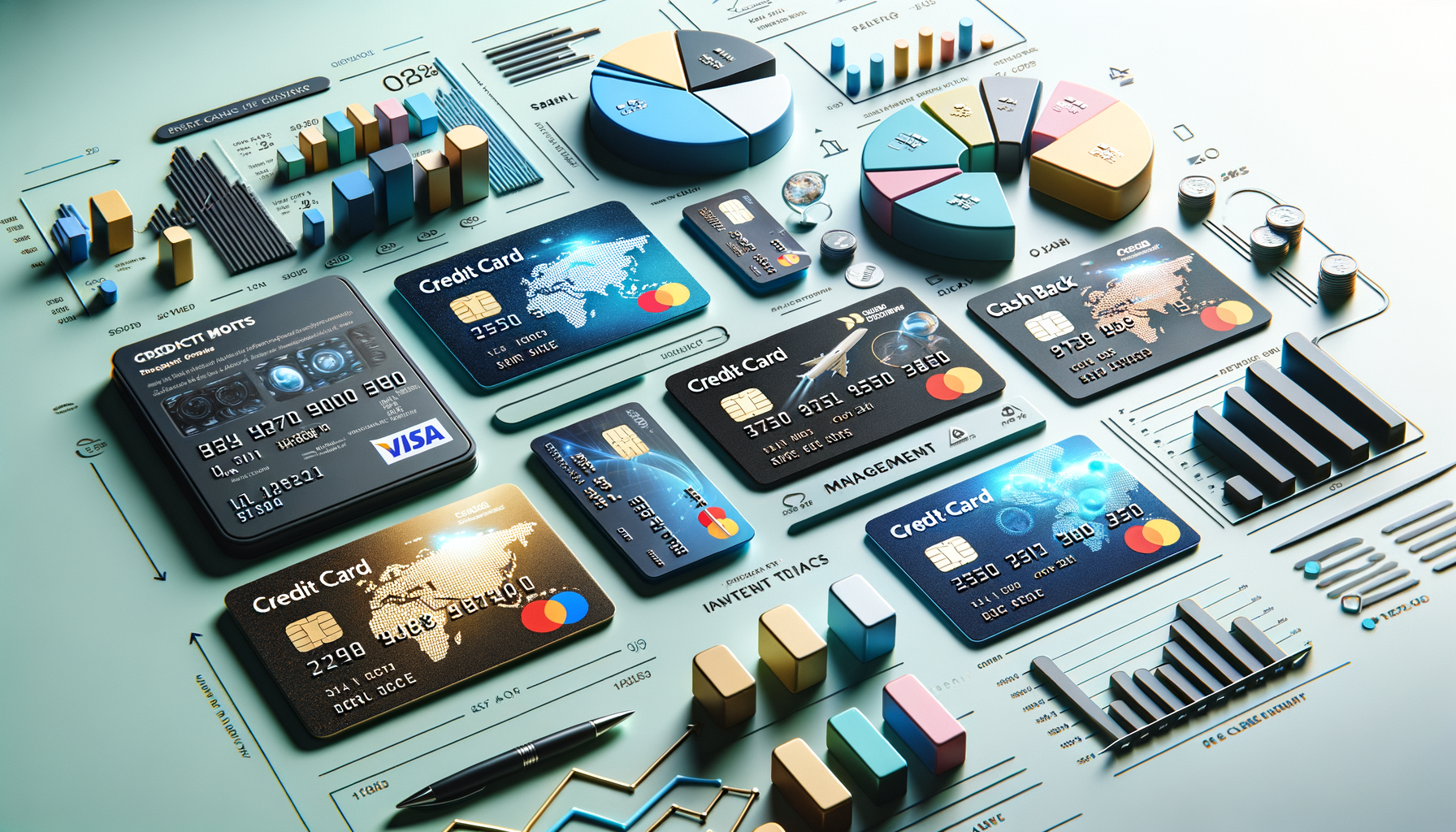Understanding Spending Features of Credit Cards
Credit cards have evolved significantly over the years, offering a variety of spending features that cater to different consumer needs. The core function of a credit card is to facilitate purchases, but the added benefits can greatly enhance the user experience. These features often include rewards programs, cash back options, and travel benefits. For instance, some cards offer points for every dollar spent, which can be redeemed for merchandise, travel, or even statement credits. Cash back credit cards, on the other hand, give a percentage of the purchase amount back to the cardholder, which can be an attractive option for those who prefer direct savings.
Another noteworthy feature is the introductory 0% APR for a set period, which can be beneficial for large purchases or balance transfers. This allows cardholders to pay off their debt without incurring interest, making it easier to manage finances. Additionally, many cards offer fraud protection and extended warranties on purchases, providing peace of mind for consumers.
Spending features are not limited to rewards and savings. Many credit cards come with tools that help track spending and manage budgets. These tools can be invaluable for those looking to improve their financial health. For example, some cards offer real-time alerts for transactions, helping users stay on top of their spending and avoid exceeding their limits.
Effective Management Tools for Cardholders
Managing a credit card effectively requires more than just making timely payments. Many credit card issuers provide management tools that help cardholders take control of their finances. These tools often include mobile apps that offer a comprehensive overview of spending patterns, upcoming payments, and available credit. Such apps can also send alerts for due dates and suspicious activities, enhancing security and convenience.
Budgeting tools are another valuable feature, allowing users to set spending limits in different categories such as groceries, dining, and entertainment. These limits can help prevent overspending and encourage smarter financial habits. Additionally, some credit cards offer financial education resources, providing tips and guidance on managing debt and improving credit scores.
For those who travel frequently, currency conversion tools can be a significant advantage. They allow cardholders to understand how much they are spending in foreign currencies, avoiding surprises when the bill arrives. Moreover, many cards offer travel insurance and assistance services, which can be crucial in emergencies.
Diverse Types of Credit Cards
The credit card market offers a diverse range of options, each designed to meet specific consumer needs. From basic cards with no annual fees to premium cards with extensive benefits, the choices are vast. One popular type is the rewards card, which offers points, miles, or cash back for purchases. These cards are ideal for those who want to earn while they spend, particularly if they pay off their balance in full each month.
Another type is the balance transfer card, which allows users to transfer high-interest debt from other cards. These cards often come with a 0% introductory APR for a set period, making them an excellent choice for those looking to consolidate and pay down debt efficiently.
Secured credit cards are designed for individuals looking to build or rebuild their credit. These require a cash deposit that acts as collateral, making them accessible to those with limited or poor credit history. Over time, responsible use of a secured card can lead to improved credit scores and eligibility for unsecured cards.
Comparing Credit Card Benefits and Drawbacks
While credit cards offer numerous benefits, it’s essential to weigh these against potential drawbacks. One of the primary advantages is the convenience and flexibility they provide. Credit cards are widely accepted and can be used for both everyday purchases and emergencies. They also offer consumer protection benefits, such as fraud liability and purchase protection.
However, the convenience of credit cards can lead to overspending if not managed properly. High-interest rates on unpaid balances can quickly accumulate, leading to significant debt. It’s crucial for cardholders to understand the terms and conditions, including interest rates, fees, and penalties, to avoid financial pitfalls.
Moreover, credit cards can impact one’s credit score positively or negatively. Timely payments and maintaining a low credit utilization ratio can boost credit scores, while missed payments and high balances can do the opposite. Thus, responsible usage is key to maximizing the benefits while minimizing the risks.
Conclusion: Choosing the Right Credit Card for You
In conclusion, understanding the various spending features, management tools, and card types is crucial for selecting the right credit card. Each card offers unique benefits and potential drawbacks, making it essential for consumers to assess their financial goals and spending habits. Whether you’re looking to earn rewards, manage debt, or build credit, there’s a card that fits your needs.
By leveraging the available tools and features, cardholders can enhance their financial well-being and make informed decisions. It’s important to stay informed about the latest offerings and changes in the credit card industry to ensure that your choice aligns with your financial objectives. Remember, the right credit card can be a powerful tool in achieving financial success.




Leave a Reply